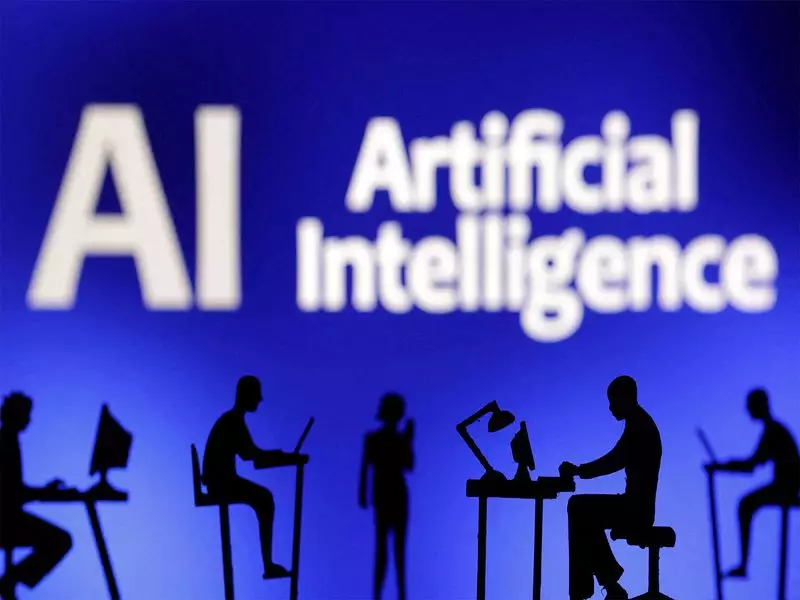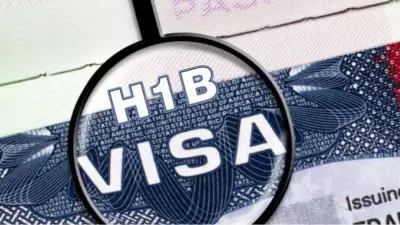
In a landmark gathering that could shape the future of governance worldwide, global experts converged to explore how artificial intelligence is revolutionizing regulatory systems. The recent Trends Symposium in Geneva became the epicenter of crucial discussions about AI's transformative potential in public administration and policy enforcement.
The New Frontier: AI-Powered Regulation
As regulatory frameworks struggle to keep pace with rapid technological advancements, artificial intelligence emerges as the game-changing solution. The symposium highlighted how AI can process vast amounts of data, identify patterns, and predict potential compliance issues with unprecedented accuracy.
Key Insights from Global Thought Leaders
Distinguished speakers from international organizations and academic institutions emphasized several critical aspects:
- Predictive Compliance: AI systems can anticipate regulatory breaches before they occur, enabling proactive interventions
- Efficiency Enhancement: Automation of routine compliance checks frees human resources for complex decision-making
- Global Standardization: AI facilitates harmonization of regulatory standards across international borders
- Real-time Monitoring: Continuous oversight becomes possible through AI-driven surveillance systems
Balancing Innovation with Ethical Considerations
The symposium didn't shy away from addressing the elephant in the room - the ethical implications of AI in regulation. Experts stressed the importance of maintaining human oversight and ensuring that AI systems remain transparent, accountable, and free from bias.
"While AI offers tremendous potential for improving regulatory efficiency, we must ensure these systems don't perpetuate existing inequalities or create new forms of discrimination," noted one prominent ethicist during the proceedings.
Practical Applications Already Underway
Several real-world implementations demonstrate AI's regulatory potential:
- Financial sector surveillance detecting fraudulent patterns in real-time
- Environmental monitoring systems predicting compliance issues
- Healthcare regulation optimization through predictive analytics
- Consumer protection enhanced by AI-driven market surveillance
The Road Ahead: Challenges and Opportunities
While the potential is enormous, symposium participants acknowledged significant hurdles. Data privacy concerns, algorithmic transparency, and the need for international cooperation emerged as critical areas requiring immediate attention.
The consensus was clear: AI represents not just an incremental improvement but a fundamental shift in how we approach regulation. As one expert summarized, "We're witnessing the dawn of a new era in governance - one where AI becomes an indispensable partner in creating fairer, more efficient regulatory systems for the digital age."
The symposium concluded with a call for continued dialogue and collaboration between technologists, regulators, and civil society to ensure that AI's integration into regulatory frameworks benefits all stakeholders equally.





